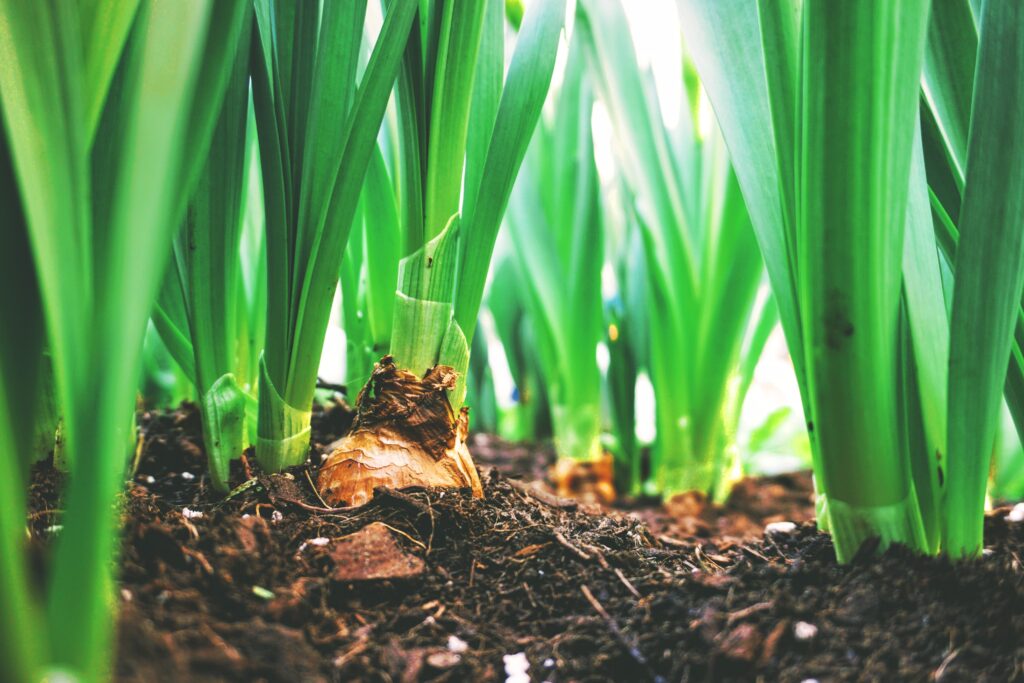Magnesium- – -Important factor.
Magnesium is considered by soil scientists to be the fourth essential nutrient for plants, after nitrogen, phosphorus and potassium. Magnesium is a component of plant chlorophyll and the central element of chlorophyll molecule, which can directly affect the photosynthesis of crops. At the same time, magnesium ion is also the activator of a variety of enzymes, which can promote the transformation and metabolism of carbohydrates in crops, and promote the synthesis of fat and protein. In addition, magnesium can promote the uptake of nitrogen and phosphorus, thus improving crop stress resistance. By supplementing magnesium, crop yield can be greatly improved by optimizing nutrient management mode. As a necessary nutrient element for plant growth, crop demand is similar to phosphorus, indispensable and irreplaceable. Magnesium deficiency has been a common problem in agricultural production in the world. In recent years, it was found that the application rate of nitrogen, phosphorus and potassium per hectare was reduced by 21% on average after adding magnesium fertilizer, and the input was greatly reduced on the basis of improving the quality and efficiency of crops.
The formation of crop yield and quality is inseparable from magnesium. However, magnesium deficiency is common in the production process. The problems caused by magnesium deficiency, such as poor root growth, dry tip of yellow leaves and poor fruit, often cause great trouble to farmers. The application effect of magnesium fertilizer on tea, tomato, pepper, citrus and other crops was very obvious, which verified the effect of thickening and green leaves, increasing and brightening fruit and increasing yield. At the same time, magnesium supplementation can also help crop flower formation, spring and autumn shoot aging, fruit retention, sugar, color, fragrance and root growth. The results of a large number of field experiments showed that the rice yield increased by 75 kg per mu with the increase rate of 13.8%. The yield of large ginger increased by 8%, and the quality was higher. Orange sugar content increased by 3.1; Grape, citrus, pomegranate, and other crops turn color more evenly. In addition, magnesium can also reduce dry tip leaf rolling, sunburn fruit and so on, improve the utilization rate of N, P and K fertilizer.
What Magnesium Means
Farmers have the impression that magnesium is for greener leaves, but it’s much more than that. If leaves are yellowing due to magnesium deficiency, the plant is already severely magnesium deficient. Magnesium is not only a central element involved in chlorophyll synthesis, but also an essential element for RNA replication, which can promote fruit expansion. Root growth; Grain development; The fruit turns color; Flower formation of crops; Synthetic sugar, sugar transport, anthocyanin synthesis; Resist strong light; Resistance to heat and so on. As an essential nutrient element for plant growth, magnesium is irreplaceable. Lack of magnesium will directly affect the yield and quality of crops. The processing, transportation and utilization of nutrients are closely related to the mineral nutrition status of plants, especially magnesium.
Magnesium means healthier crops, higher yields and better quality. Magnesium ion has special chemical properties, low soil adhesion and high mobility. Magnesium fertilizer volume is large, the market is broad, is the current fertilizer market variety, under the fierce competition of the super track. Magnesium supplementation needs to choose the right products, scientific fertilization. A strong vitality of the product is the fundamental guarantee of long-term profit.


